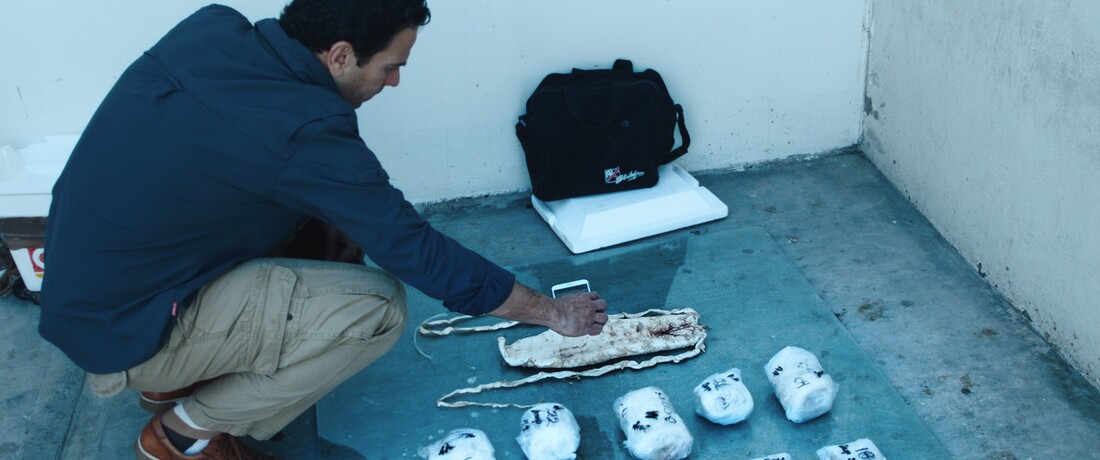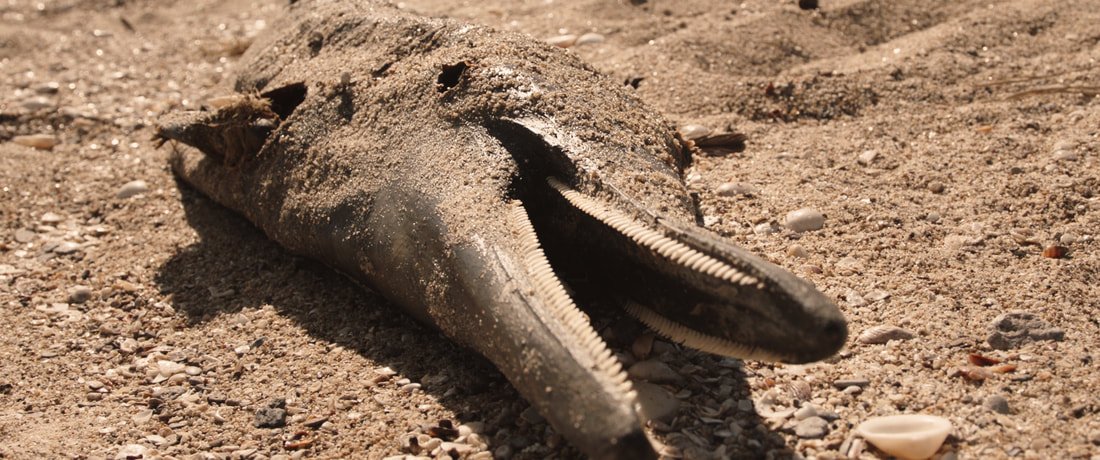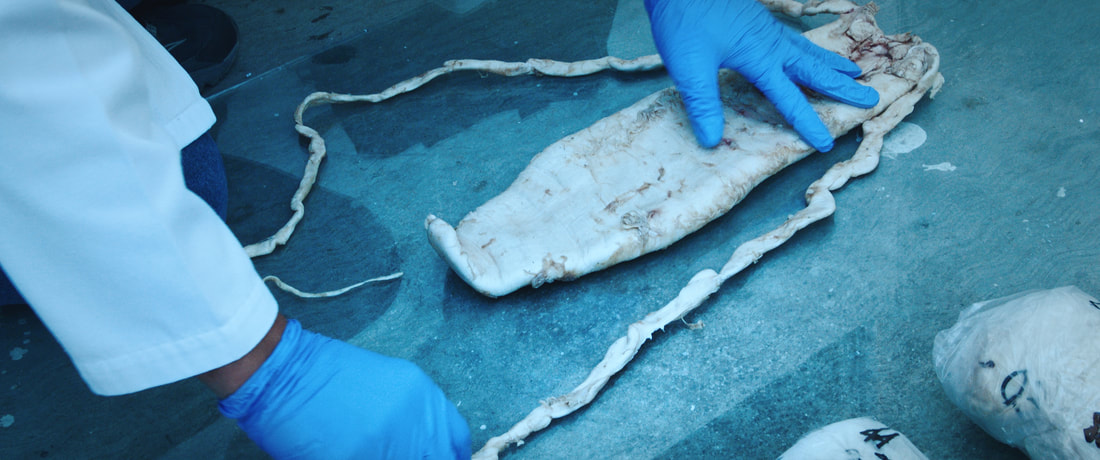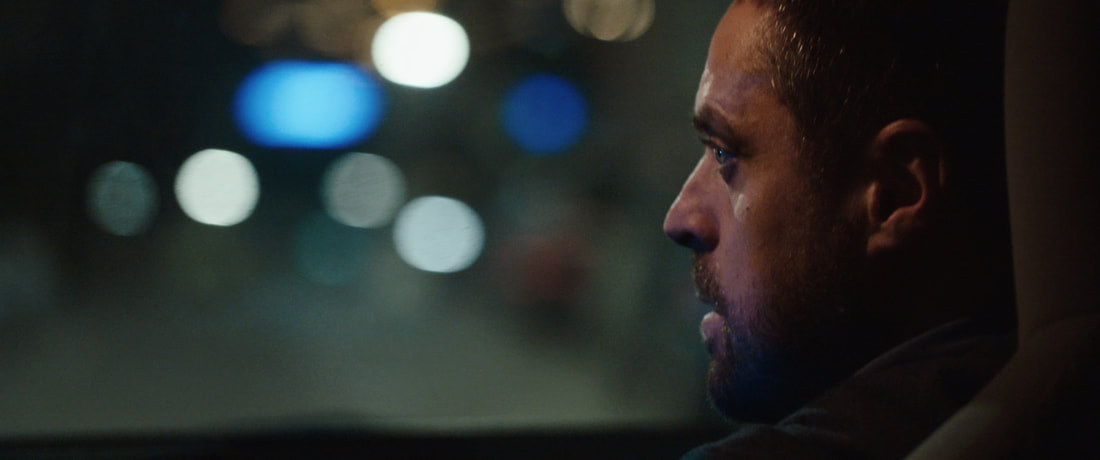|
We reached out to our Jackson Wild Media Awards filmmakers to ask them five questions about the experience of making their films.
What inspired this story? Producer Walter Köhler: The Vaquita is a very iconic species. If we cannot save this species, what hope is there for others. It would be really easy to protect if just politics would be there to fight wildlife crime. Our agenda was to warn the world that if we let two highly organized crime syndicates - the Chinese Mafia and the Mexican drug cartels - work together without being attacked by law enforcement we will lose one species after the other in the Sea of Cortez and everywhere around the world. Describe some of the challenges faced while making this film/program. WK: We had to overcome a lot of security challenges. We were attacked, got death threats, fought against corruption. There was more than one dangerous situation. When we left the shores of the Sea of Cortez we knew there was no turning back. Mexico is the most dangerous country in the world for journalists - and filmmakers. What did you learn from your experience making this film/program? WK: Never give up even when the situation feels hopeless. As filmmakers we can make a difference and change the world for good. How do you approach storytelling? WK: We wanted to construct a film which could be also viewed as a thriller movie à la "Sicario" - with the exception that every action, every bullet fired was real. We tried to make it as "entertaining" as possible. The Vaquita needs more friends that just our usual community of nature lovers. What impact do you hope this film/program will have? WK: We work hard to force the Mexican government to start strict law enforcement measures and especially go for the Mexican-Chinese traffickers. We gave all our intelligence to Mexico and still they go unharmed to this day. In strong contrast to the Chinese government who achieved a lot of arrests of Totoaba traffickers. We still hope that everything we do at the moment works out until the next Totoaba season starts in December. It is the last chance for the Vaquita. The last ten or so specimens will not survive another poaching season. Were there any surprising or meaningful moments/experiences you want to share? WK: It was quite a experience to film the first moving images of a species and to know that it is just a few individuals away from extinction. They are so hard to see and so hard to find them and still we manage it to kill them just for greed! Any fun facts about the film/program, the subject matter or the production crew that might surprise the audience? WK: No, no fun moments! More the opposite! Anything else you would like people to know? WK: The Vaquita would be the first animal with the highest protection from CITES which could now go forever. We must do anything to stop this happening! What next? WK: We will turn our attention to the Amazon. The situation gets totally out of hand. We must send our cameras down there. The lung of the world needs our combined actions. How can audience members take action to help the cause or issue featured in this film? WK: Get on to social media. Force the Mexican government to take action. Did the film team use any unusual techniques or unique imaging technology? WK: Without drones the film would not have been possible at all. What were some of the specific editing challenges you had to address? WK: It was hard and took us quite a while to combine our several narrative threads and interweave them which each other without disturbing the overall picture. Thanks to our wonderful editing team, we achieved what we longed for from the very beginning. What were the biggest influences on how you approached writing this project? WK: Reality!
0 Comments
Leave a Reply. |
Archives
March 2024
Categories
All
|
Contact UsJackson Wild
240 S. Glenwood, Suite 102 PO Box 3940 Jackson, WY 83001 307-200-3286 info@jacksonwild.org |





 RSS Feed
RSS Feed